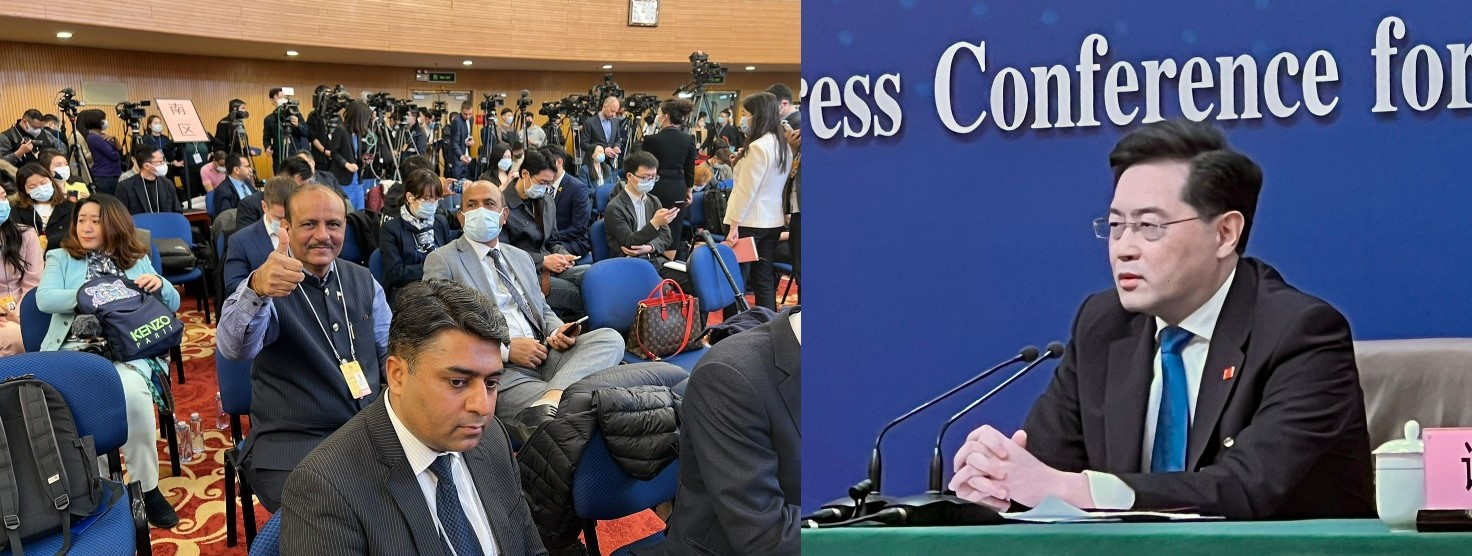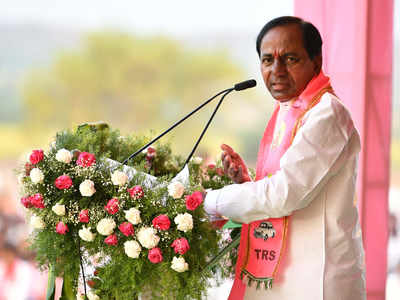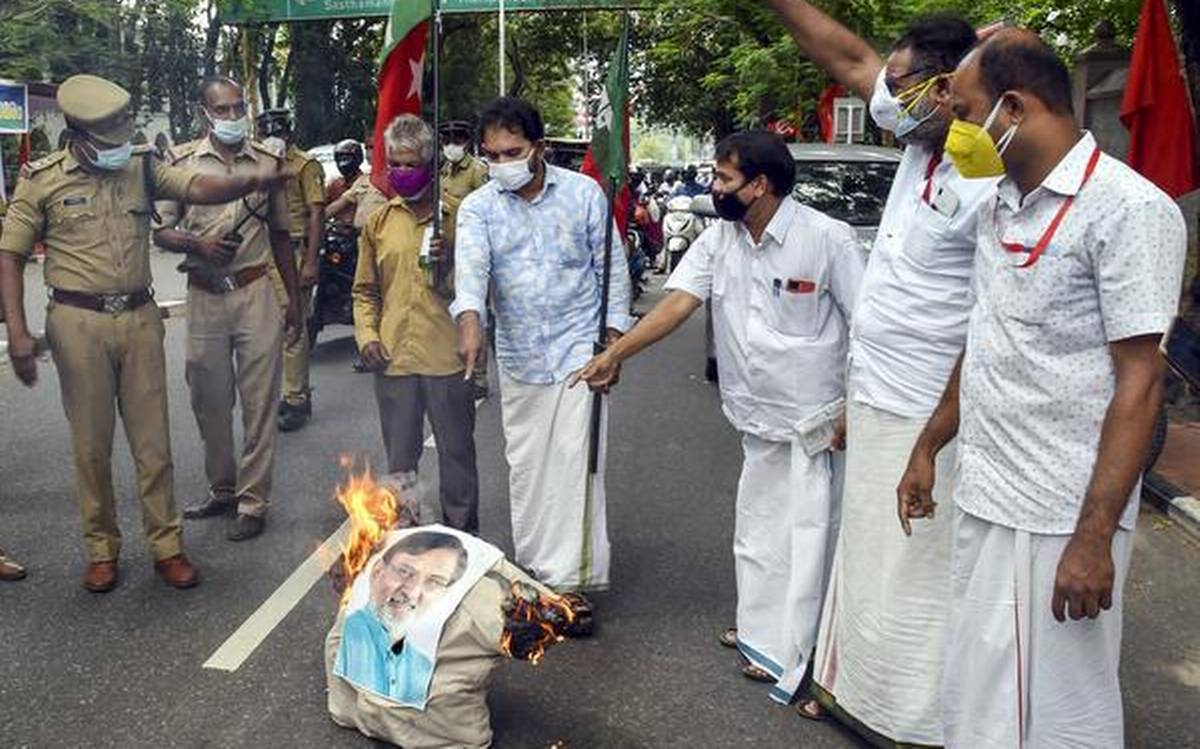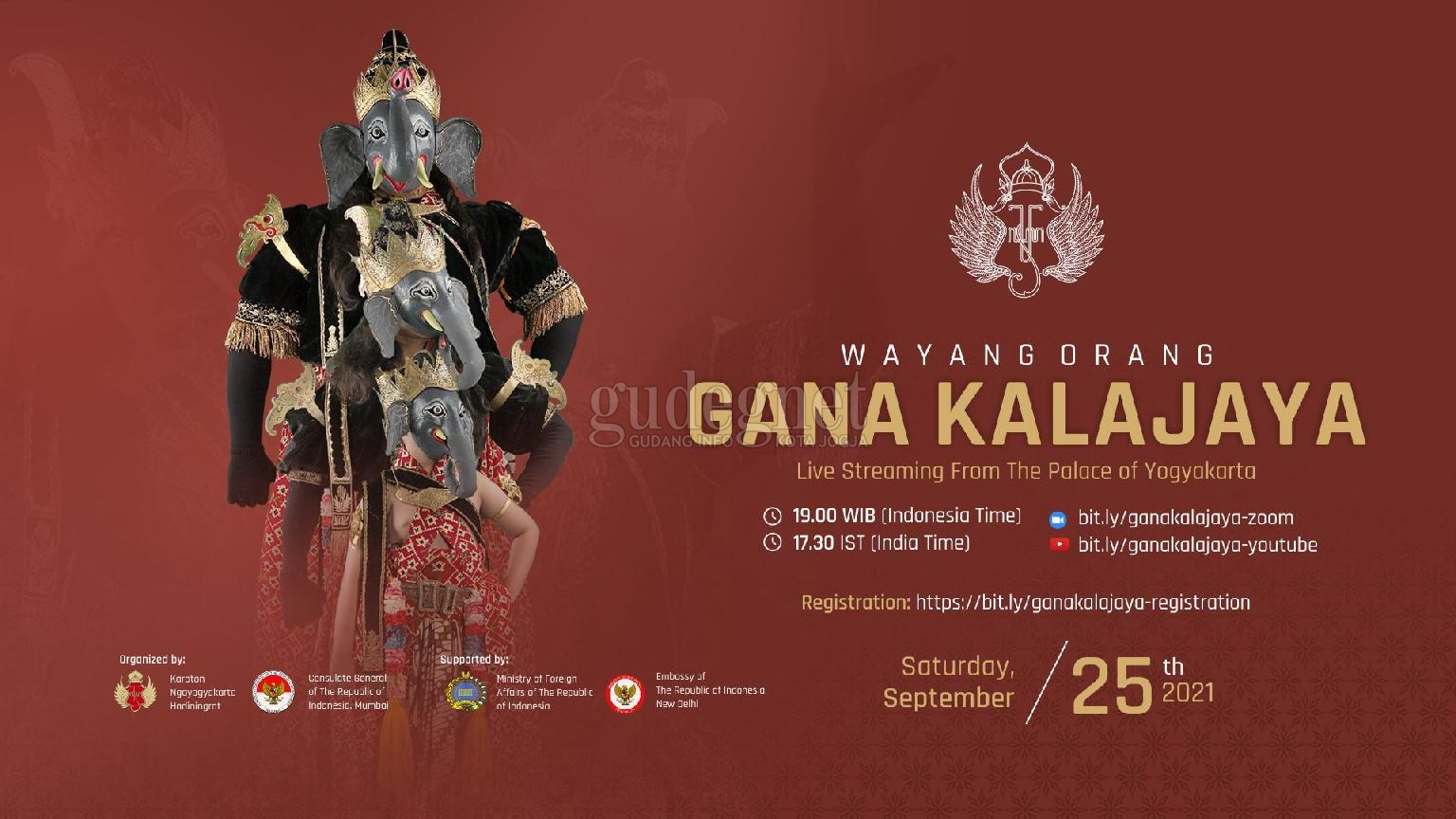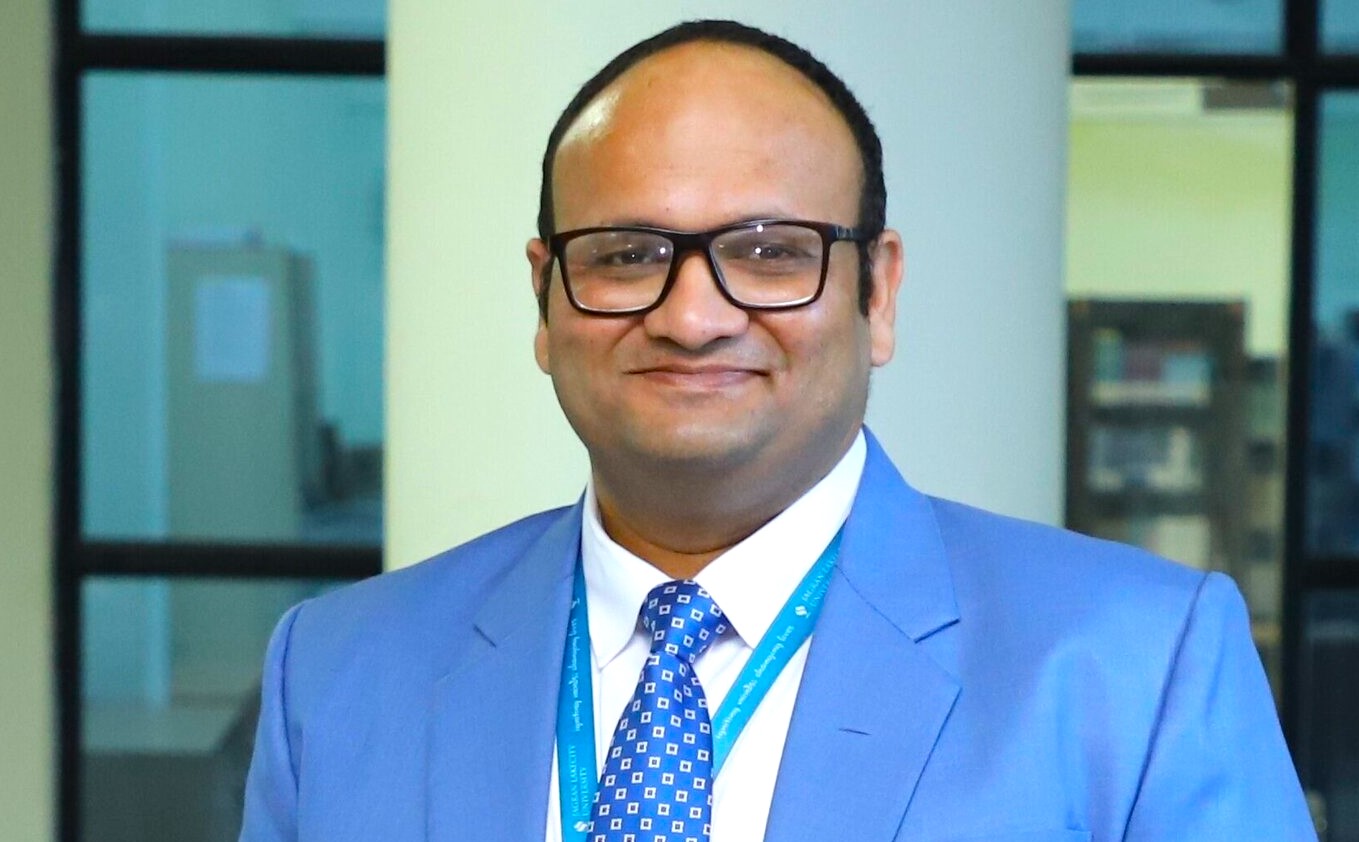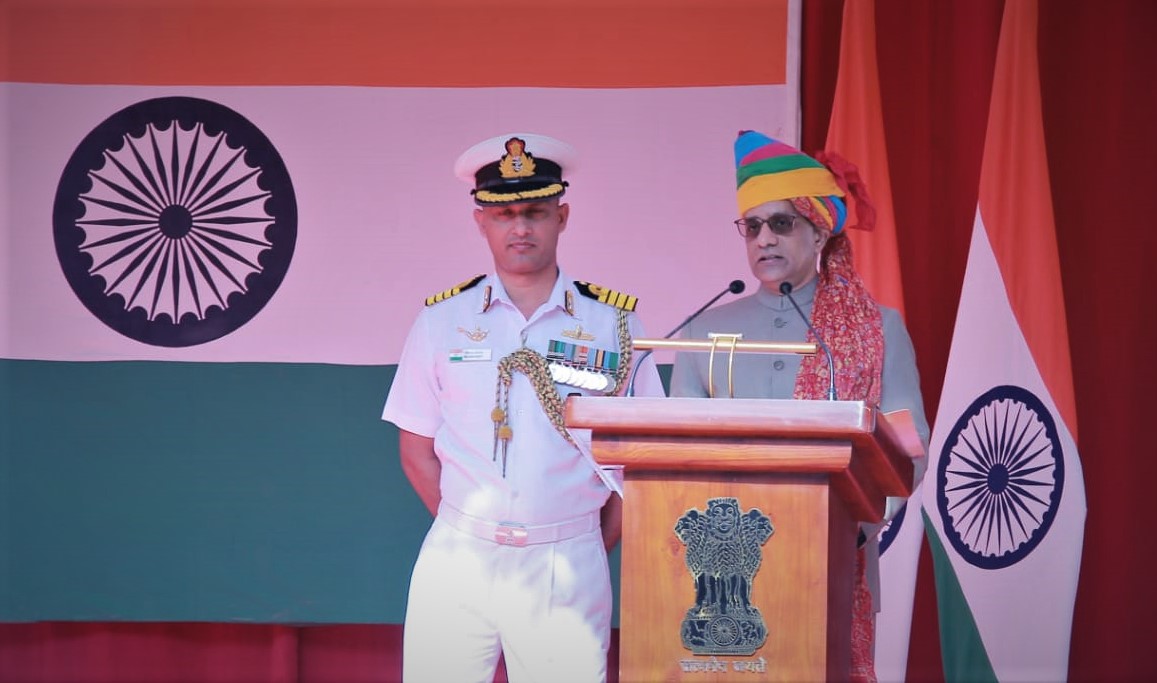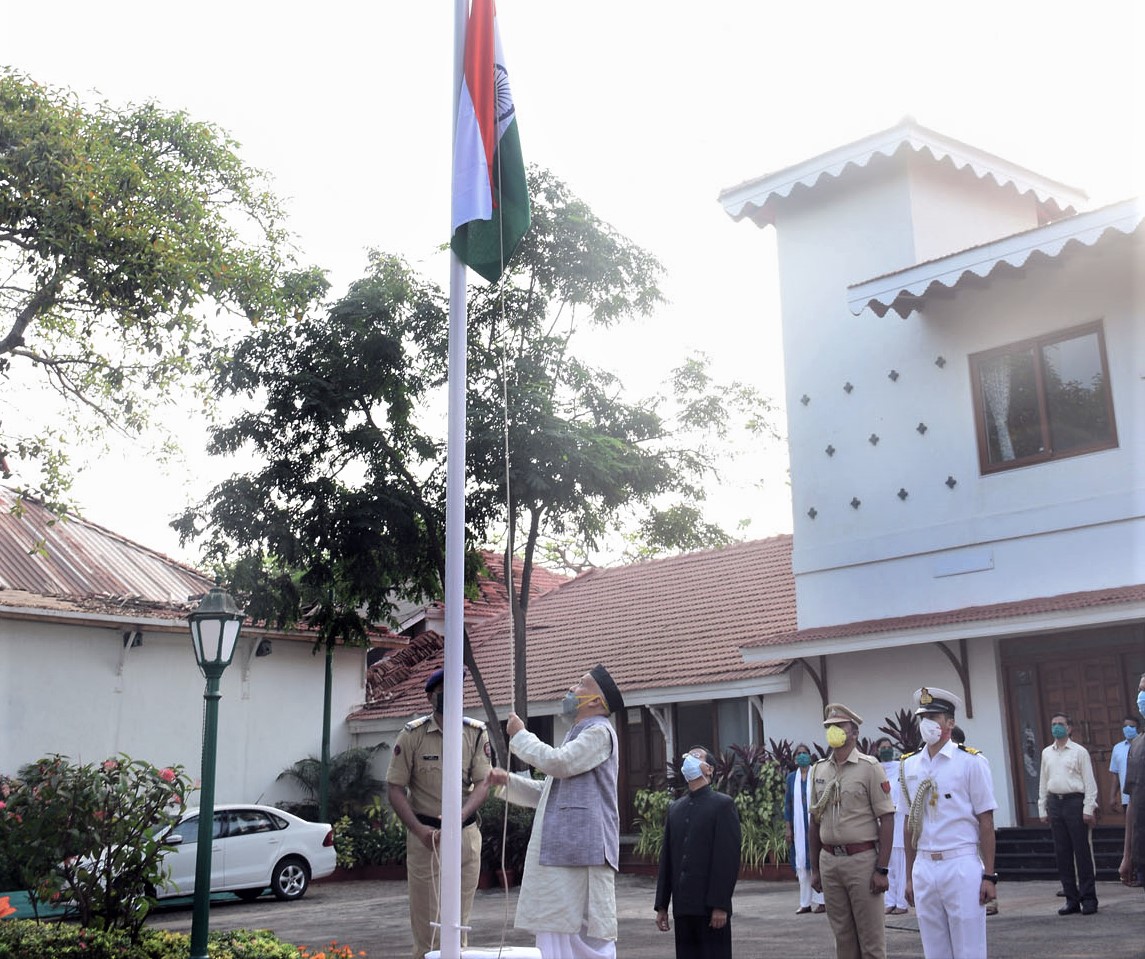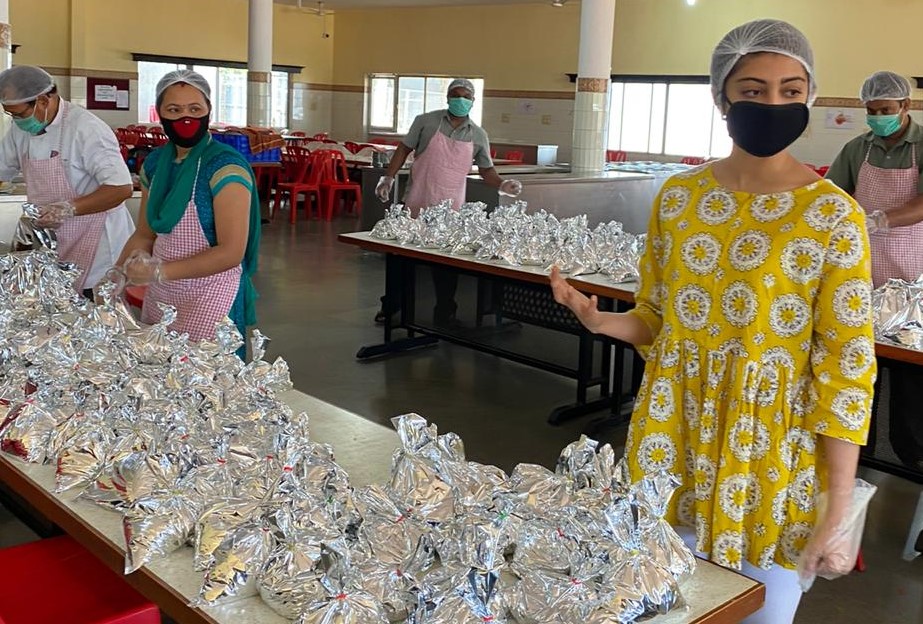Mewati Sitaram – Live from Beijing Media center at 10.00 AM
Chinese Foreign Minister Qin Gang addressed his maiden press conference since assuming the position of Foreign Minister at the Media Center in Beijing. The conference was attended by more than 100 International journalists including author of this story Mewati Sitaram. The conference coincided with the ‘Two Sessions’ — the main annual meetings of China’s government to discuss domestic matters and foreign policies.
Answering a question on the 2023 vision of diplomacy, the minister stressed on putting Xi Jinping “Thought on Diplomacy” into full practice. He would like to see implementation of decisions made in 20th CPC Congress, and uphold foreign policy goals of safeguarding world peace and promoting common development.
He was of the view that Chinese modernization solves many challenges facing human development in a different manner than western modernization which should be a source of inspiration for the developing countries.
On China-Russia relations, he said, we were working together as a driving force toward multipolarity and greater democracy in international relations, and global strategic balance. This would result in better stability around the world. The more unstable the world becomes, the more imperative it is for China and Russia to steadily advance their relations. While expressing his displeasure on Russian sanctions, he said, “Currencies should not be a trump card for unilateral sanctions, still less a disguise for bullying or coercion.”
On the Global Development Initiative (GDI) and the Global Security Initiative (GSI) put forward by President Xi Jinping, he told the gathering that the shared future was only possible through international cooperation.
On Sino-US relations he quoted, “whether China and the United States can handle their relationship well bears on the future of the world. Getting the relationship right is not optional, but something we must do and must do well.” He said China would continue to follow the principles of mutual respect, peaceful coexistence and win-win cooperation, to pursue a sound and stable relationship with the United States. He hoped that the United States would honour its commitments and work with China to explore the right way to get along with each other to the benefit of both countries and the entire world.
On a question of Taiwan, he made it clear that Separatism for Taiwan independence was as incompatible with peace and stability of the Taiwan Strait as fire with water. He warned that mishandling of the Taiwan question would shake the very foundation of China-US relations. The minister showed the Red Book of constitution to all media personnel by saying, I was aware that questions would be raised on Taiwan, so I came prepared.
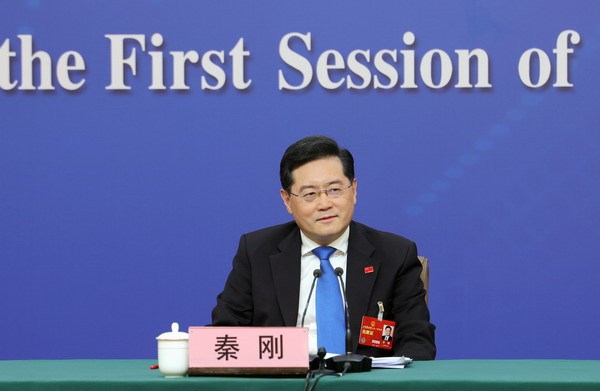
Mewati Sitaram at Chinese Foreign Minister at Beijing Media Center
Speaking about the Ukraine crisis the minister said, “The Ukraine crisis has come to a critical juncture. Either hostilities stop and peace is restored and the process of political settlement begins, or more fuel is added to the flames and the crisis further expands and spirals out of control. Conflict, sanctions and pressure will not solve the problem. What is needed is calmness, reason and dialogue. The process of peace talks should begin as soon as possible, and the legitimate security concerns of all parties should be respected. This is the right way to achieve durable security in Europe.”
While addressing a concern of the Belt and Road initiative creating a debt trap, he said that data showed that multilateral financial institutions and commercial creditors account for over 80 percent of the sovereign debt of developing countries. They were the biggest source of debt burden on developing countries. Particularly since last year, the unprecedented, rapid interest hikes by the United States have led to capital outflows in many countries and worsened the debt problems in the countries concerned.
He was of the view that China and Japan were highly complementary and needed each other. Both should uphold market principles and a free and open spirit, increase cooperation, jointly ensure stable and smooth industrial and supply chains, and inject impetus and vitality into global economic recovery.
He targeted the US Indo-Pacific Strategy as an attempt to gang up to form exclusive blocs, to provoke confrontation by plotting an Asia-Pacific version of NATO, and to undermine regional integration through decoupling and cutting chains.
On middle-east Asia he said, “China supports the strategic autonomy of Middle Eastern countries, and opposes foreign interference in their internal affairs. China will continue to stand for justice and support countries in this region in seeking political settlement of hotspot issues through dialogue and consultation.”
The minister sees the European Union as a comprehensive strategic partner and supports European integration. He hoped that Europe, with the painful Ukraine crisis in mind, would truly realize strategic autonomy and long-term peace and stability.
In the end he hoped that more young Chinese would join the diplomatic service, and live youth to the fullest in the times of great opportunities.

Editor in Chief : Mewati SItaram

